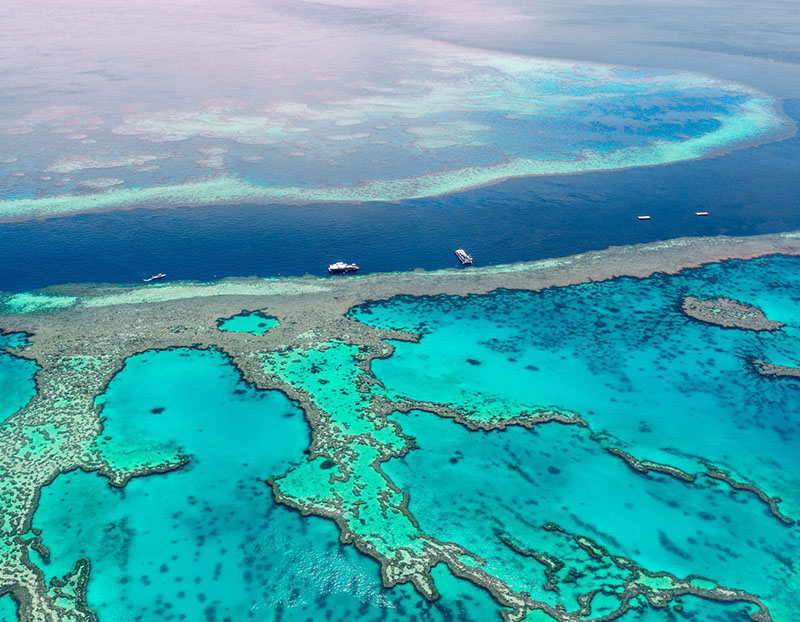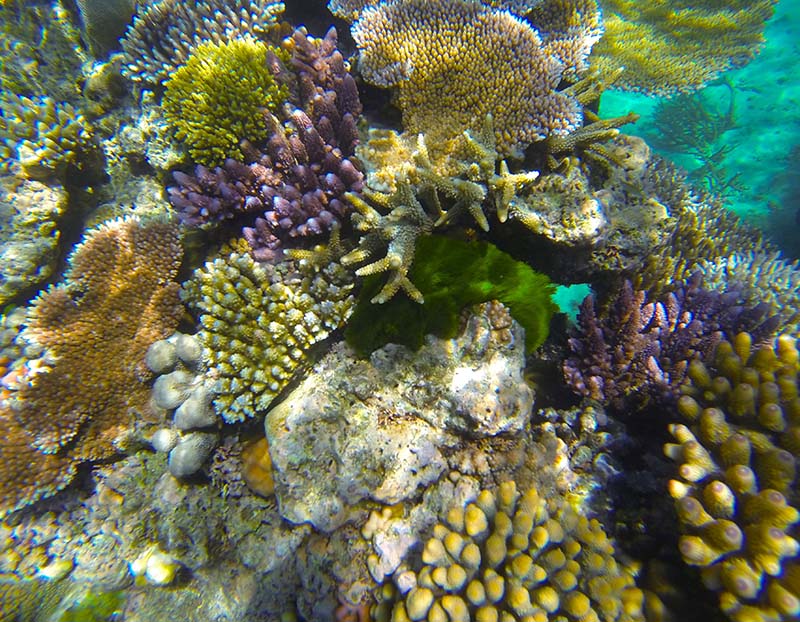Blog
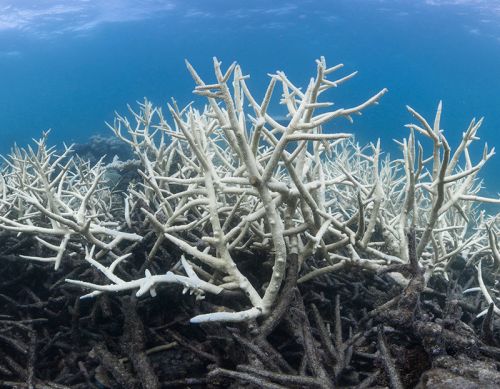
Staying ahead of the curve in a changing climate
Navigating the path to safe and effective climate adaptation to prevent unprecedented loss.
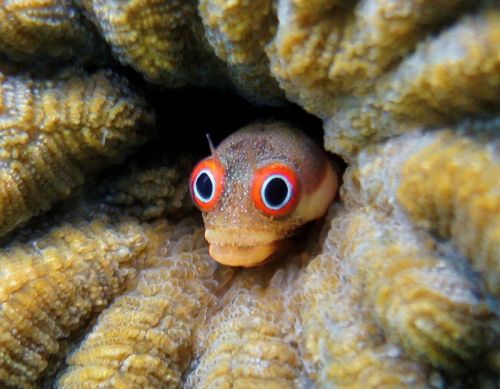
How to optimise monitoring of complex reef systems
Using customised modelling for waste-free reef monitoring.

Navigating complexity, risk and uncertainty to inform decisions
They're not impediments to good decision making if the right approach is used.

Climate proofing natural values using smart adaptive pathways
Taking a leaf from business strategy, game theory and emergency medicine.
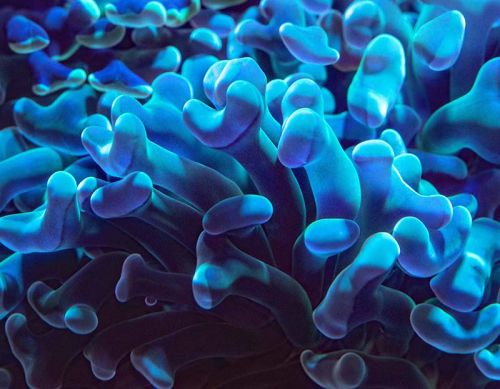
Why reef conservation requires a complex-systems approach
To be relevant it needs to resolve up to five dimensions: environmental, ecological, economic, social and cultural.
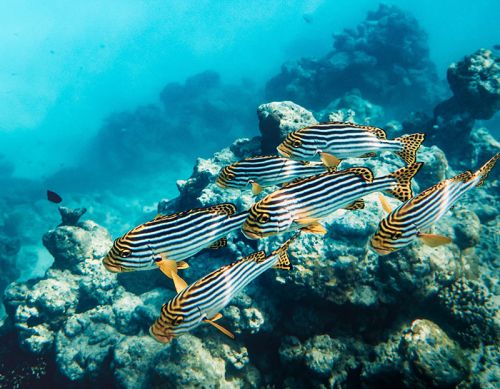
The new way to define a healthy reef
Heath is well-defined for people, but we need a health assessment system for social-ecological systems.
